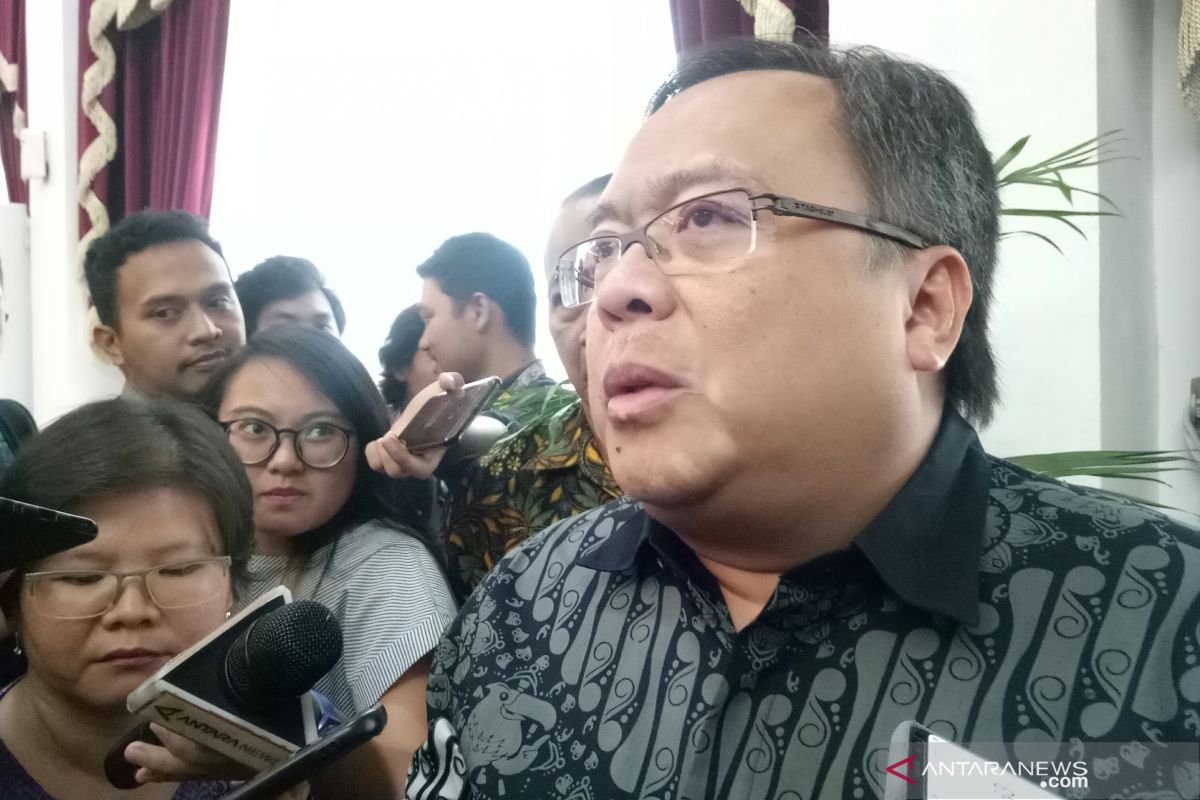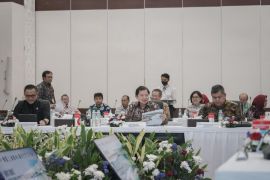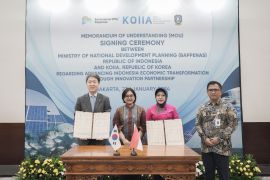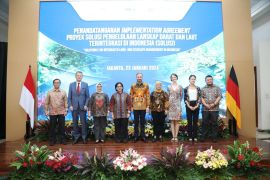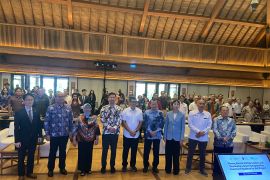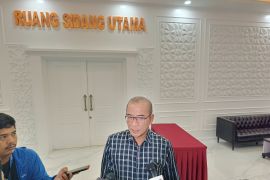We have communicated with the REI. The point is they are ready to be included in this planJakarta (ANTARA) - Property developers who are members of the Indonesian Real Estate (REI) are ready to participate in construction activities in the new capital of the country, Minister of National Development Planning (Bappenas), Bambang Brodjonegoro has stated. "We have communicated with the REI. The point is they are ready to be included in this plan," he said during a meeting at the Bappenas Building, Jakarta, Wednesday.
REI is ready to be involved in the development of a new capital city without any funding from the State Budget (APBN).
It only needs assurances regarding the land where the new capital city will come up, REI said.
"REI needs assurances if it does get concessions for land, that the construction process will not be disrupted," he said.
Besides REI, there are many other companies that will be involved in the development of the new capital, not only from the private sector but also from among state-owned entities.
"The point is that many business people are interested in this planning and SOEs are allowed to participate," he stated.
Previously, the Indonesian National Development Planning had estimated the cost of transferring the state capital, through the state budget to be IDR30.6 trillion over several years.
"Of the total cost of Rp466 trillion, the required state budget is only around Rp30.6 trillion," Bambang had said in Jakarta, Thursday, June 15.
Based on the estimates compiled by Bappenas, the Rp30.6 trillion from the state budget will be used to build state palaces and military/police strategic buildings as the principal functions, green open spaces as helping functions, and for land acquisition.
Aside from the state budget, the Government and the Business Entity Cooperation scheme worth Rp340.6 trillion and private sector funds worth Rp95 trillion will complete the total amount of Rp466 trillion required for the transfer of the state capital.
Funds from the Government and Business Entity Cooperation will be utilised for the construction of government buildings (legislative, executive, judiciary), official housing (multistory and house-to-house for State Civil and Military / Police Apparatus), educational facilities (on the elementary, middle, and high school level), health facilities, correctional institution, infrastructure such as roads, electricity, telecommunications, water supply, drainage, waste treatment, and sports facilities.
Moreover, funds from the private sector will be used to build educational facilities (at the university level) and health facilities.
"So the majority of us are cooperating with the private sector and SOEs, the state budget is only a trigger. We will also use existing assets," he said in conclusion.
Translator: Azis Kurmala
Editor: Rahmad Nasution
Copyright © ANTARA 2019
